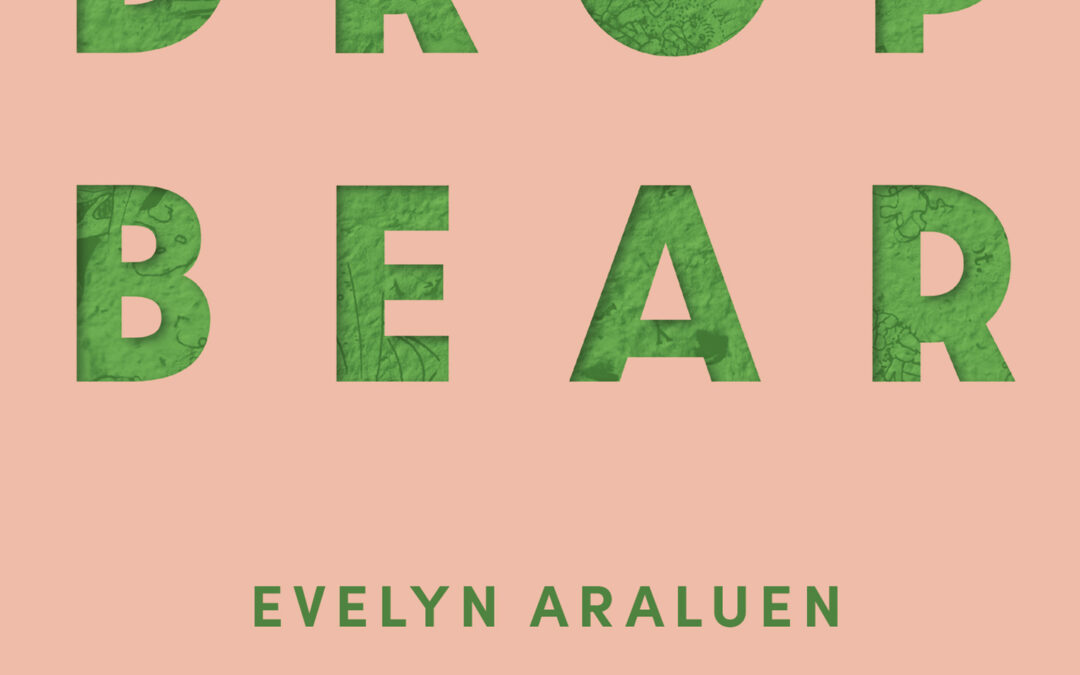Poets are special people. Artists that see the world differently, more clearly. Wordsmiths who can depict what they see or imagine or desire in a much more articulate manner than the rest of us. Reading good poetry unlocks some vital, unnameable instinct. Poetic imagery evokes the power of a painting, and does so using so few, well-chosen words, and a structure and form that is all inherent in communicating the message. Drop Bear (UQP 2021), the debut collection by Evelyn Araluen, is a complex, detailed assemblage of poems about First Nations people, sovereignty, history and colonialism that interweaves the past with the present, the ancient with the contemporary, the bigger picture of race and class beside the minutia of intimate living. I am not skilled enough to analyse this collection with the gravity it deserves. I don’t understand enough. My body doesn’t carry the intergenerational trauma of the Aboriginal people of this country. And yet, this slim collection resonates with me. The words sing from the pages, or bounce off with a stubborn beat. The rhythm and cadence and formation all contribute to an extraordinary piece of art that I cannot (maybe will not ever) fully understand, but it is one that I can appreciate for its beauty and its quiet fight.
Drop Bear reminds me very much of Ellen van Neerven’s work in both content, substance and structure, although Araluen also includes short almost-essays that speak in one long thought about a particular topic. She is a young writer and she writes with a fierce lyricism and a proud acknowledgement of her ancestors. She expresses anger, fury and resentment, yet also hope, optimism, understanding and redemption. This collection feels very much like her explanation to herself of what she thinks, feels and believes. She never shies away from uncomfortable or traumatic subjects, but she also embraces joy and family, friendship and intimacy. Drop Bear is at times serious, witty, fun, satirical, demanding, accusing and curious. It is breathtaking in its courage and honesty, its heartbreaking memorialisation of history and its frantic hope for the future.

